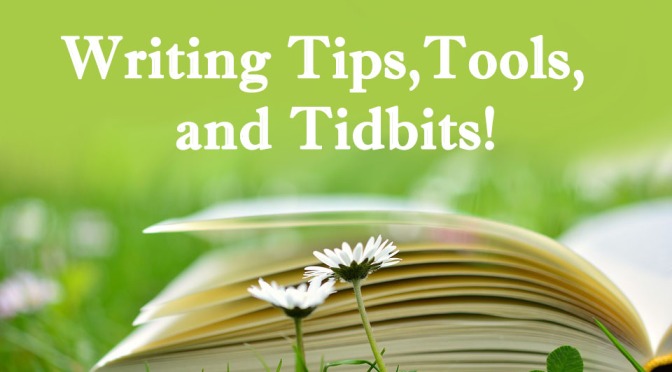Writers Unite!’s mission is to offer a haven for writers to share their work and hone their craft. As the writing process is our focus, author and WU! admin Lynn Miclea has created a series of “tips, tools, and tidbits” about writing for our members or anyone interested in writing to help improve their writing. Check the menu bar for any tips you may have missed or click on this link.
Writing Tips, Tools, and Tidbits!

IMPLY versus INFER
People often mix up the words imply and infer. Although they are similar, these words have different meanings and are used differently. This should help to use them correctly.
***
Imply means to suggest or state something indirectly, or to hint at something. Implying is done by the speaker and is giving indirect information. If you mean the speaker says something indirectly or hints at something, use imply.
Examples:
- He implied there might be a test, so I’m studying just in case
- Without saying so, she did imply that she might be here later.
- He didn’t say it directly, but he implied that I did not understand.
- Her comments seemed to imply she didn’t like the food.
- Are you implying that he cheated on the test?
- Without actually saying it, the boss implied there might be layoffs.
- Without being direct, the doctor implied that I needed to lose weight.
***
Infer means to deduce or come to a conclusion or make an educated guess based on something indirect or based on an implication. Inferring is done by the listener and is figuring out what was meant. If you mean the listener comes to a conclusion, use infer.
Examples:
- Based on his attitude, I inferred that he was not happy with me.
- He inferred that she would come by later, even though she did not say it.
- She inferred that she would fail the test based on the teacher’s comments.
- Based on her comments, he inferred that she did not like the food.
- The student inferred that she was being accused of cheating on the test.
- When the boss asked to see her, she inferred that she was in trouble.
- She inferred that he had been drinking when he slurred his words.
***
Basically, imply is to say something indirectly and is done by the speaker, and infer is to come to a conclusion based on indirect information and is done by the listener.
If you mean the speaker says something indirectly, use imply.
If you mean the listener comes to a conclusion based on indirect information, use infer.
After her boss implied there might be layoffs, Melissa inferred they would happen soon.
***
Please look at the chart for an easy summary and helpful reminder.

***
I hope you find this helpful. These tips and much more are also on my website and blog, and also in my Grammar Tips book. Thank you!
Website – https://www.lynnmiclea.com/
Blog – https://lynnpuff.wordpress.com/
Grammar Tips Book – https://www.amazon.com/dp/B09N2BQMCG/











